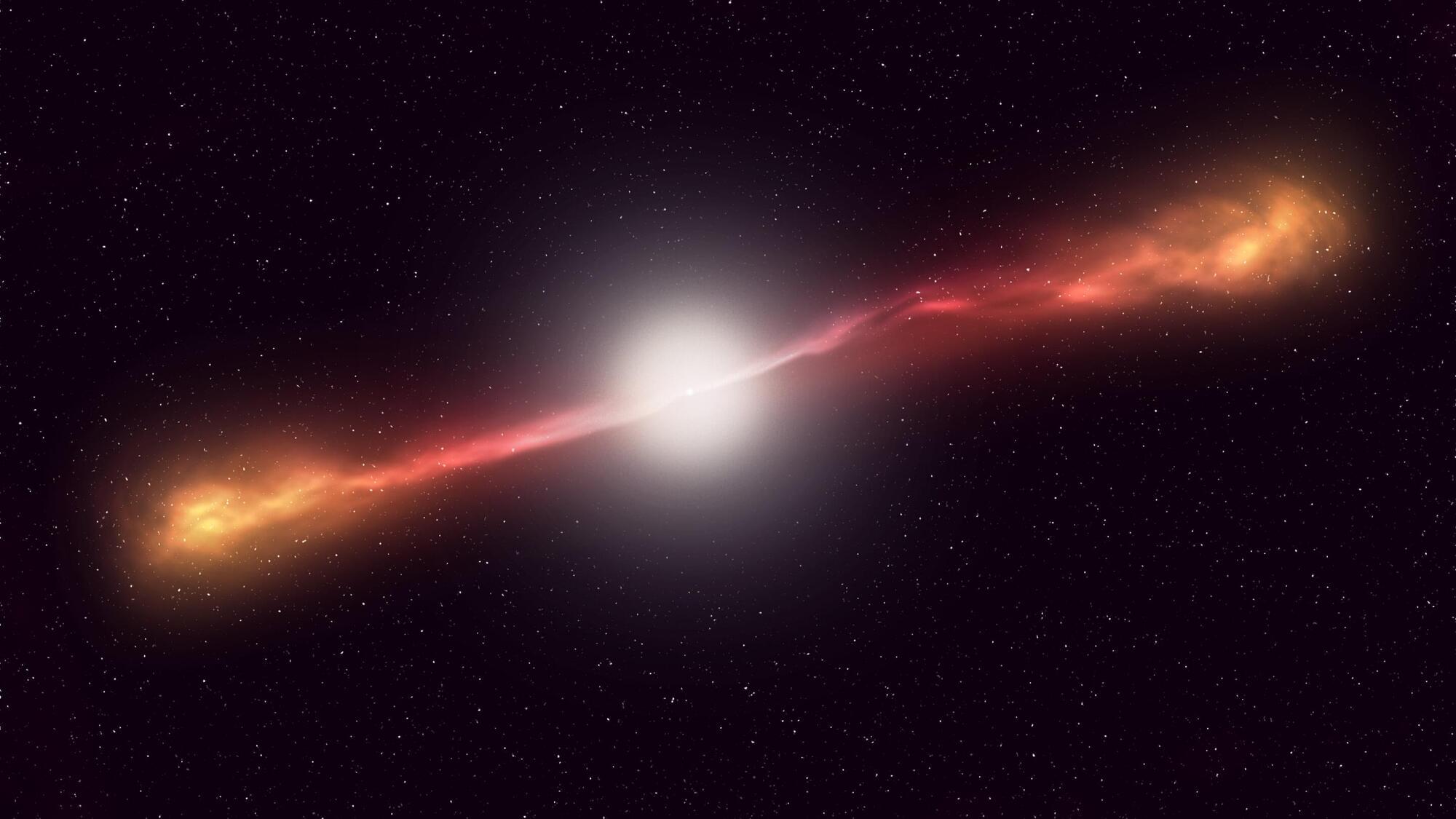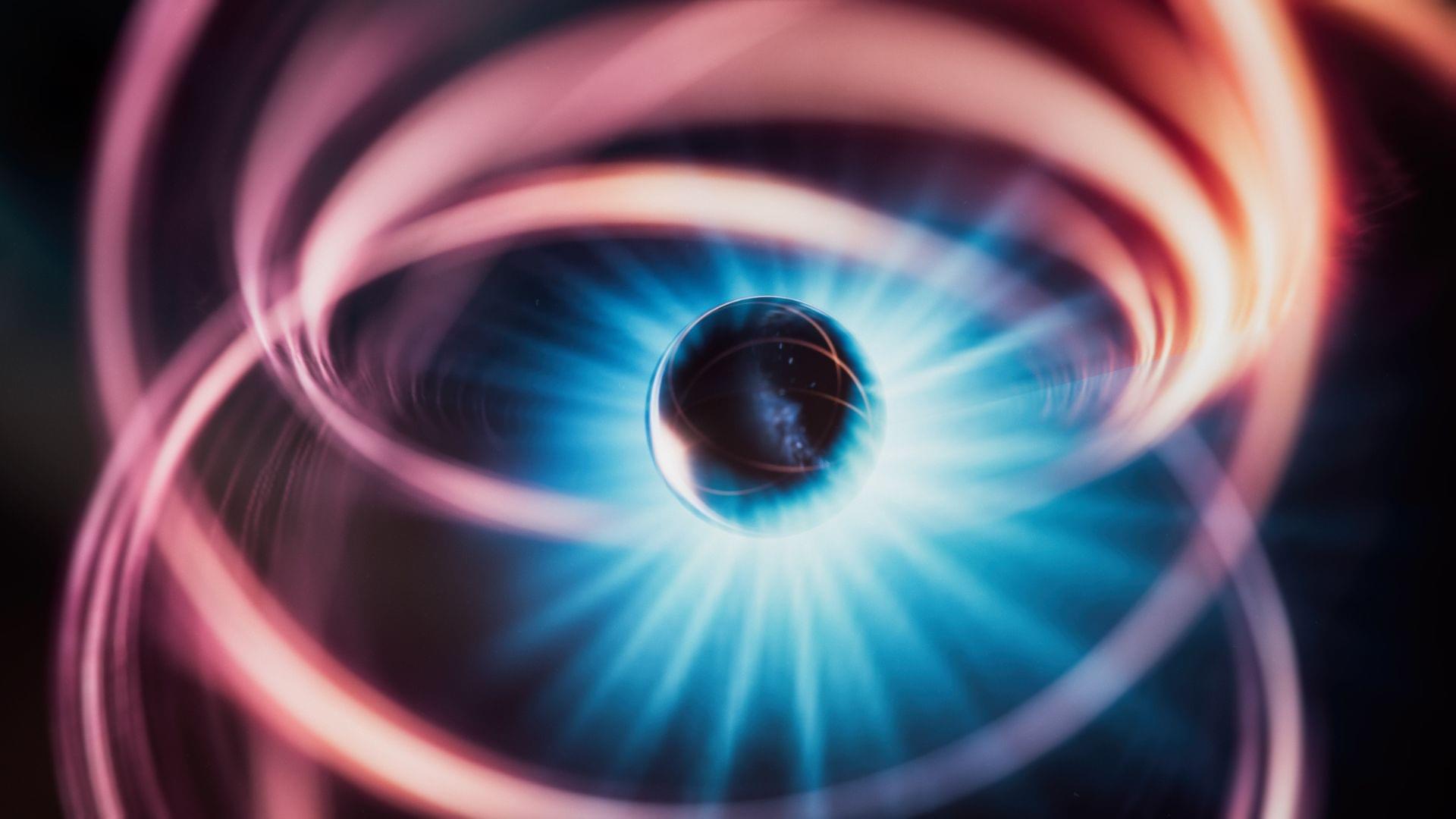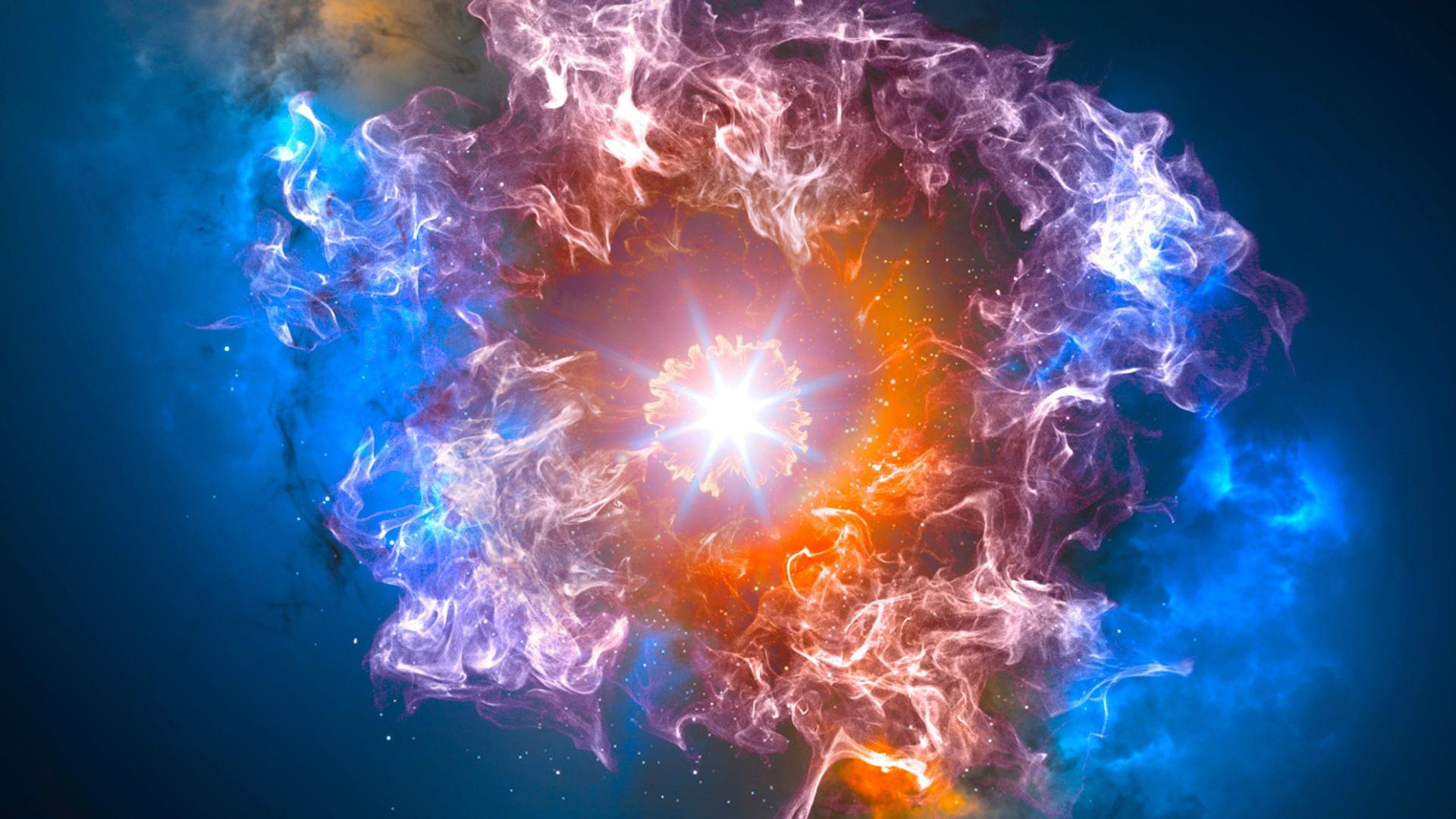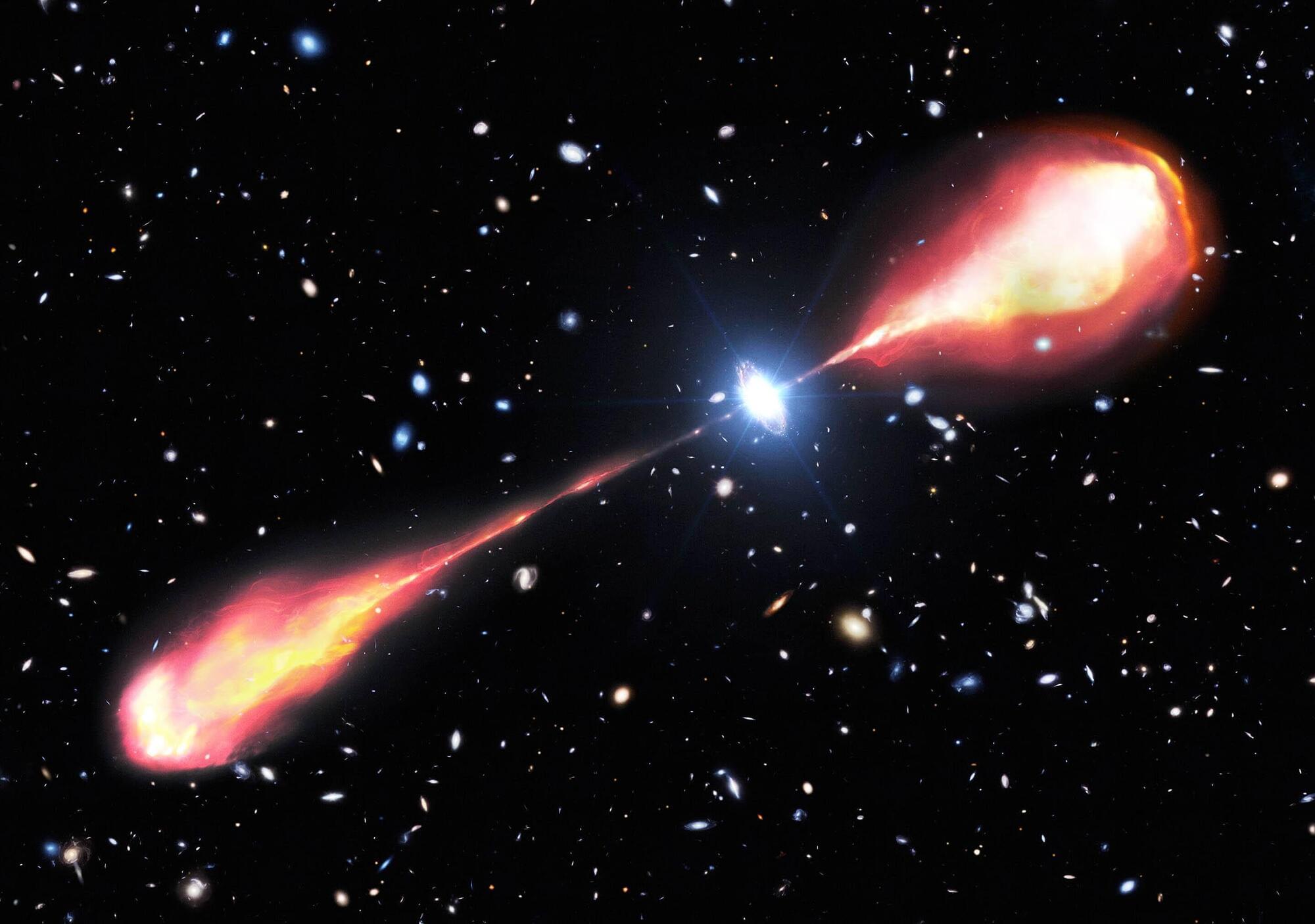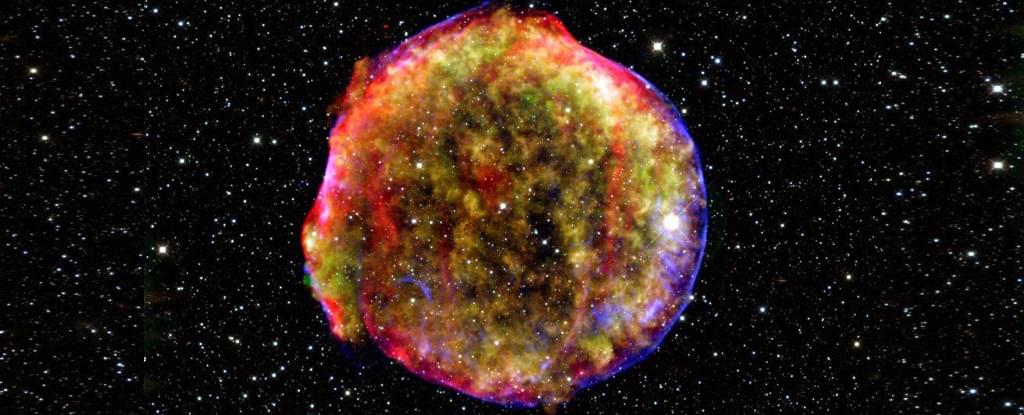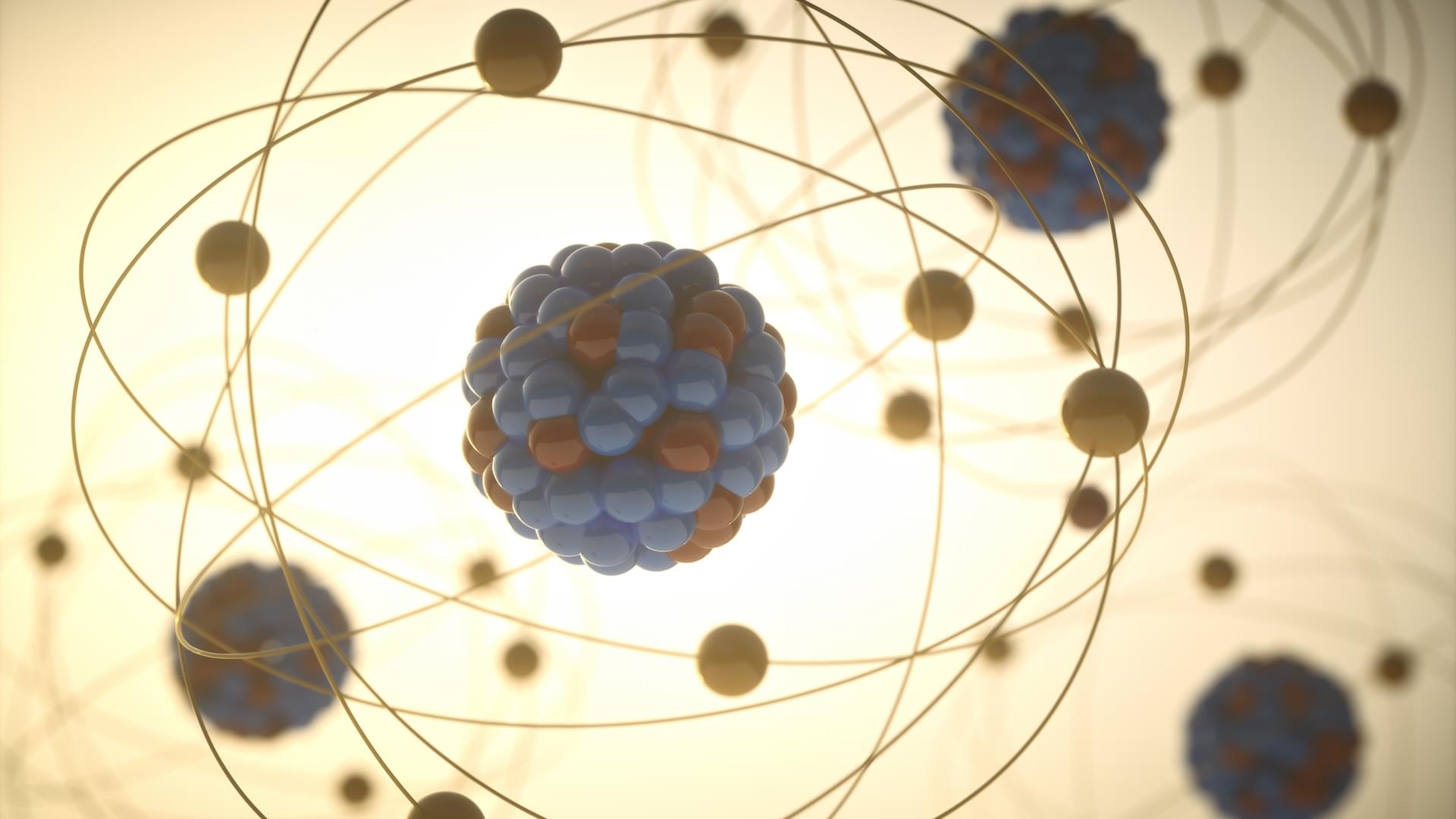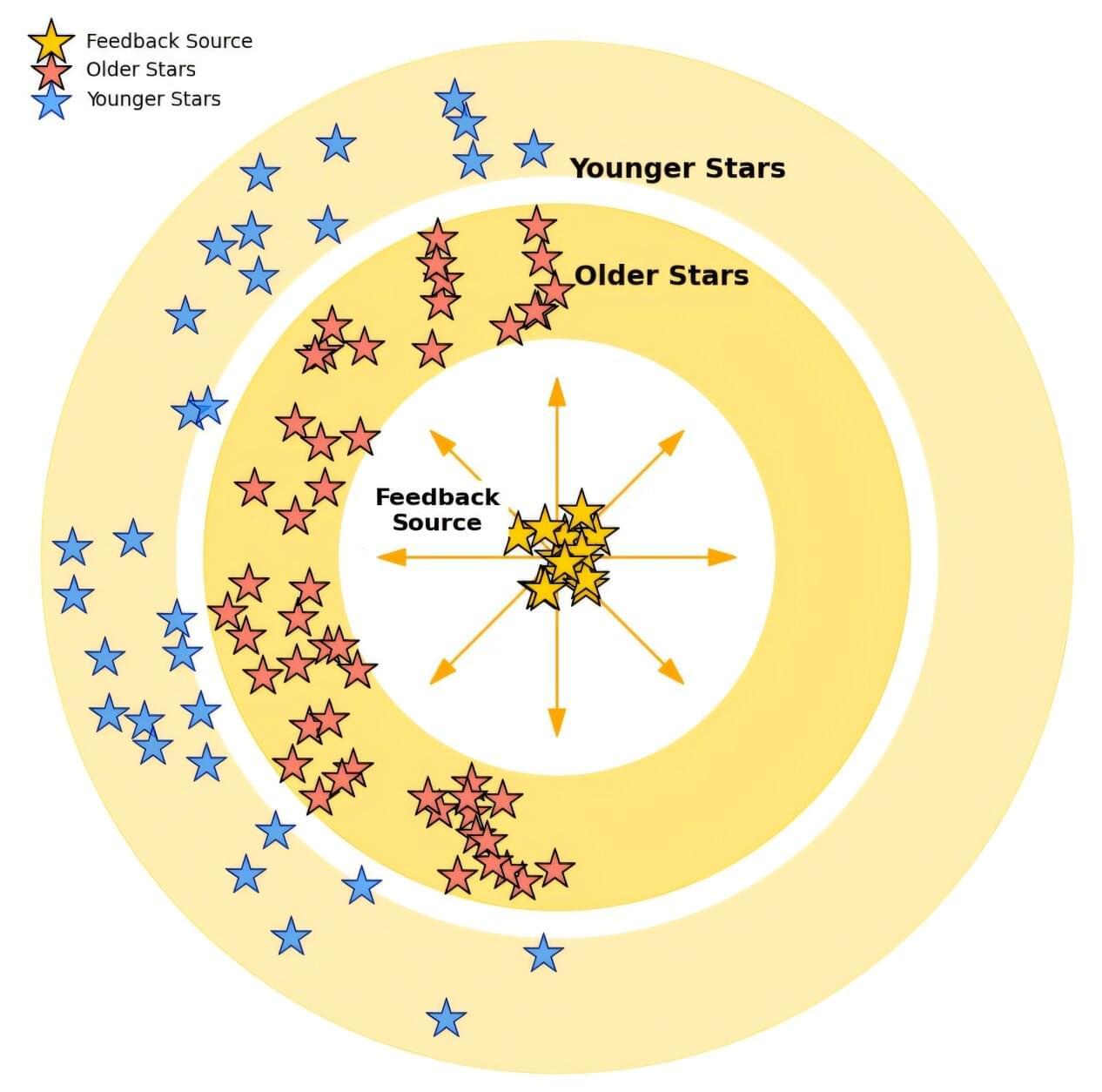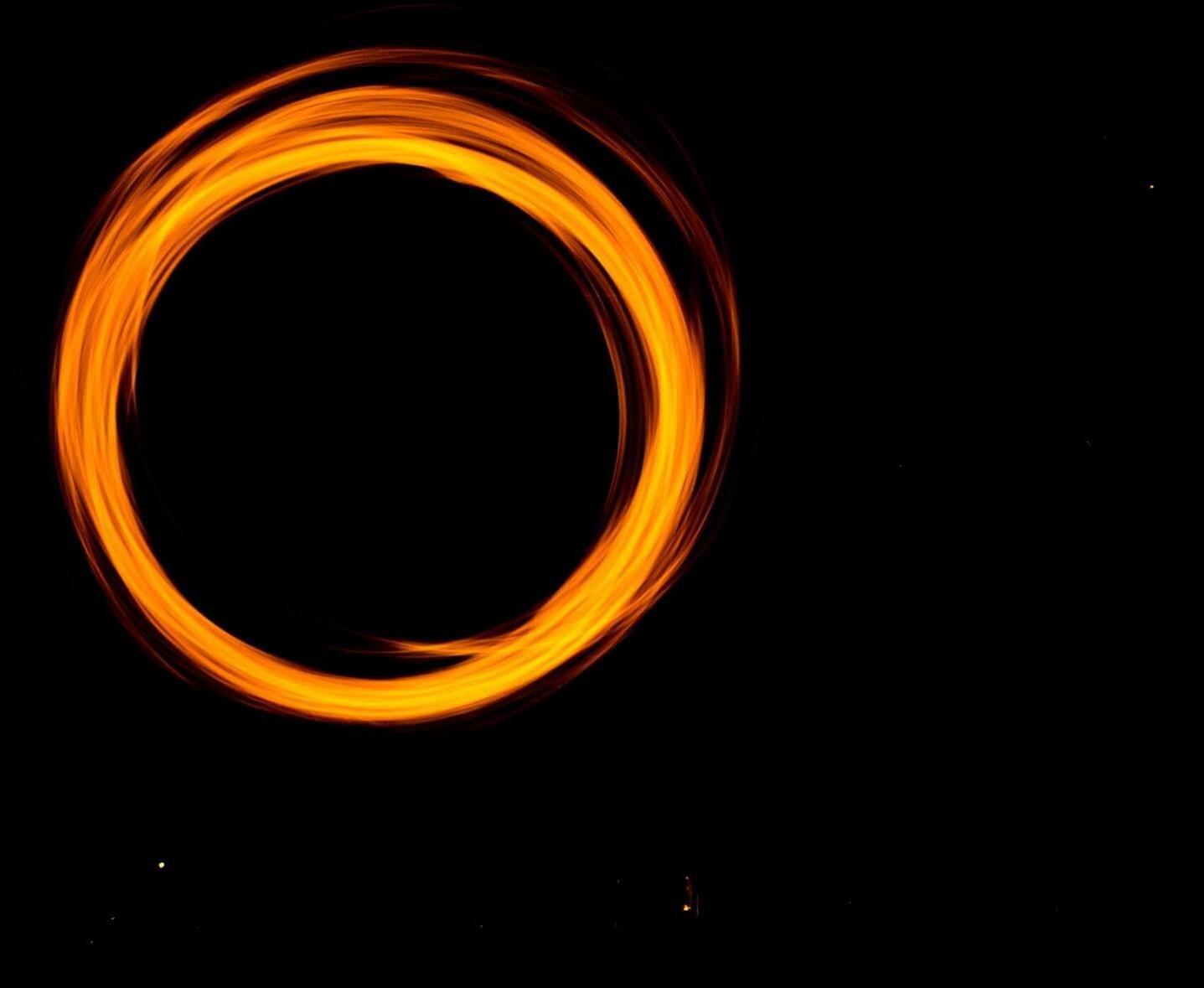As federal funding cuts impact decades of research, scientists could turn to black holes for cheaper, natural alternatives to expensive facilities searching for dark matter and similarly elusive particles that hold clues to the universe’s deepest secrets, a new Johns Hopkins study of supermassive black holes suggests.
The findings, which appear in Physical Review Letters, could help complement multi-billion-dollar expenses and decades of construction needed for research complexes like Europe’s Large Hadron Collider, the largest and highest-energy particle accelerator in the world.
“One of the great hopes for particle colliders like the Large Hadron Collider is that it will generate dark matter particles, but we haven’t seen any evidence yet,” said study co-author Joseph Silk, an astrophysics professor at Johns Hopkins University and the University of Oxford, UK.
